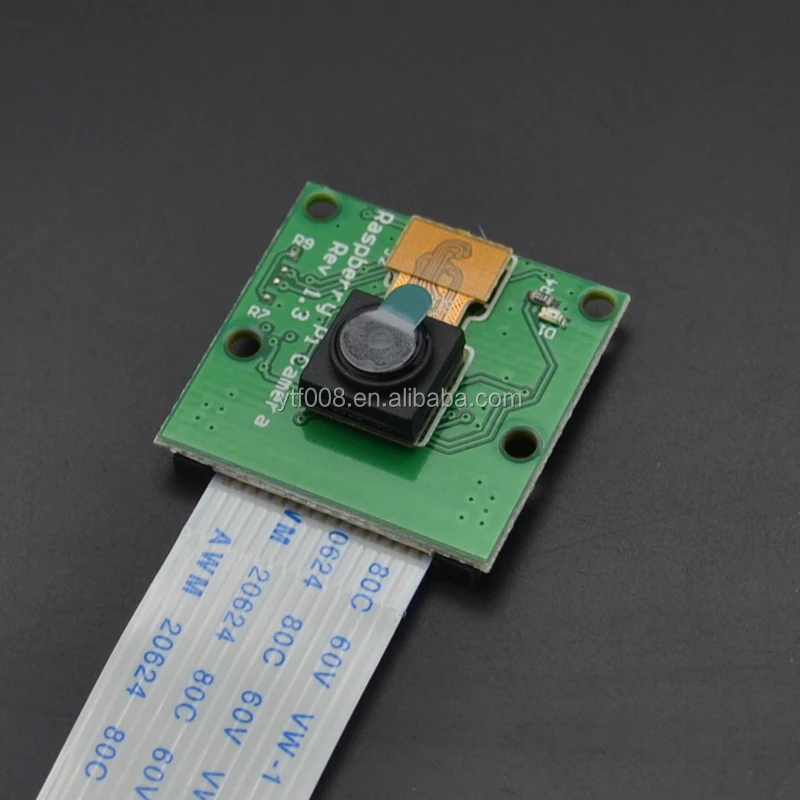

- Raspberry pi as a ip camera recorder install#
- Raspberry pi as a ip camera recorder password#
- Raspberry pi as a ip camera recorder Bluetooth#
The solution has to work regardless of the OS. I do not have a stop on OpenCV, I just use it for convenience, I just want to convert my video stream to a Numpy Array. At first I wanted to use cv2.VideoCapture() and use the connection from the socket.makefile() as an input, but that operation is not permitted on a file-like object.
Raspberry pi as a ip camera recorder Bluetooth#
The latency might come from the port redirection I do because of the Bluetooth communication, but I have no certainty regarding that since it does not lag in Wi-Fi.
Raspberry pi as a ip camera recorder install#
# nnect(("10.0.0.1", 8000)) # replace with your Rpi IP address To install Libav on your Raspberry Pi, execute the following: sudo apt-get install libav-tools You shouldn’t need anything else if you’re using Raspbian Jessie or more recent.

Print("Redirection accepted, commencing.") Self.src_sock = src_sock # type: socket.socket # Accept a single connection and make a file-like object out of itĬonnection = server_socket.accept().makefile('wb')Ĭamera.start_recording(connection, format='mjpeg')Įxcept (KeyboardInterrupt, BrokenPipeError, ConnectionResetError): If you forget, the only way is to reset the IP camera to go back to its default password.
Raspberry pi as a ip camera recorder password#
Get the user name and password of your Raspberry Pi IP camera. Basically, what we will do is to order the cameras that when they detect movement, they save a capture via FTP in a specific folder on the Raspberry Pi. Server_socket.bind(('b8:27:eb:8f:28:12', 7)) # use your own Rpi bt address Use the command: Sudo reboot to reboot your Pi and test to see if your Pi is truly WiFi enabled.

However, the lag is only at start-up, once the stream is running, the video is smooth, just with a 5 seconds delay. Moonfire NVR is an open-source security camera network video recorder. Using OpenCV, it works good enough in Wi-Fi, but I get huge lag using Bluetooth. In this post, we use a Raspberry PI zero and create an IP camera that streams. The Rpi acts a server waiting for a connection and the desktop application as a client reading the video stream. Simply use one of the text editors mentioned above to create a new file, and then save it to the bootdrive with the name 'ssh'. This allows us to remotely access and control the Raspberry Pi, over a network. The next thing we need to do is enable SSH. The application can communicate with both Wi-Fi or Bluetooth and must work the same way in both cases. The board will also work using a wired connection. I have an desktop application in Python that needs to capture a video stream from a Raspberry Pi Zero, display it in a PyQt widget and store its last frame in a numpy array for ML purposes.


 0 kommentar(er)
0 kommentar(er)
